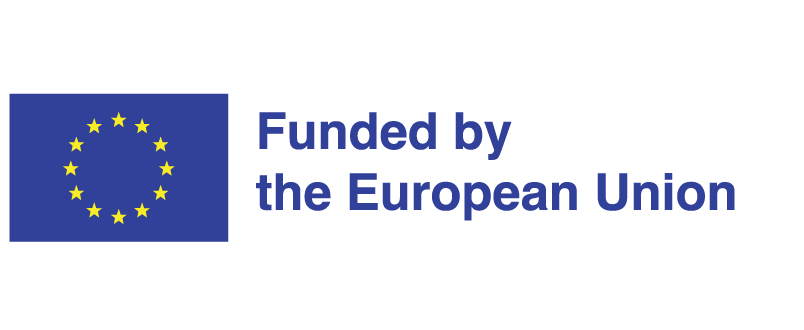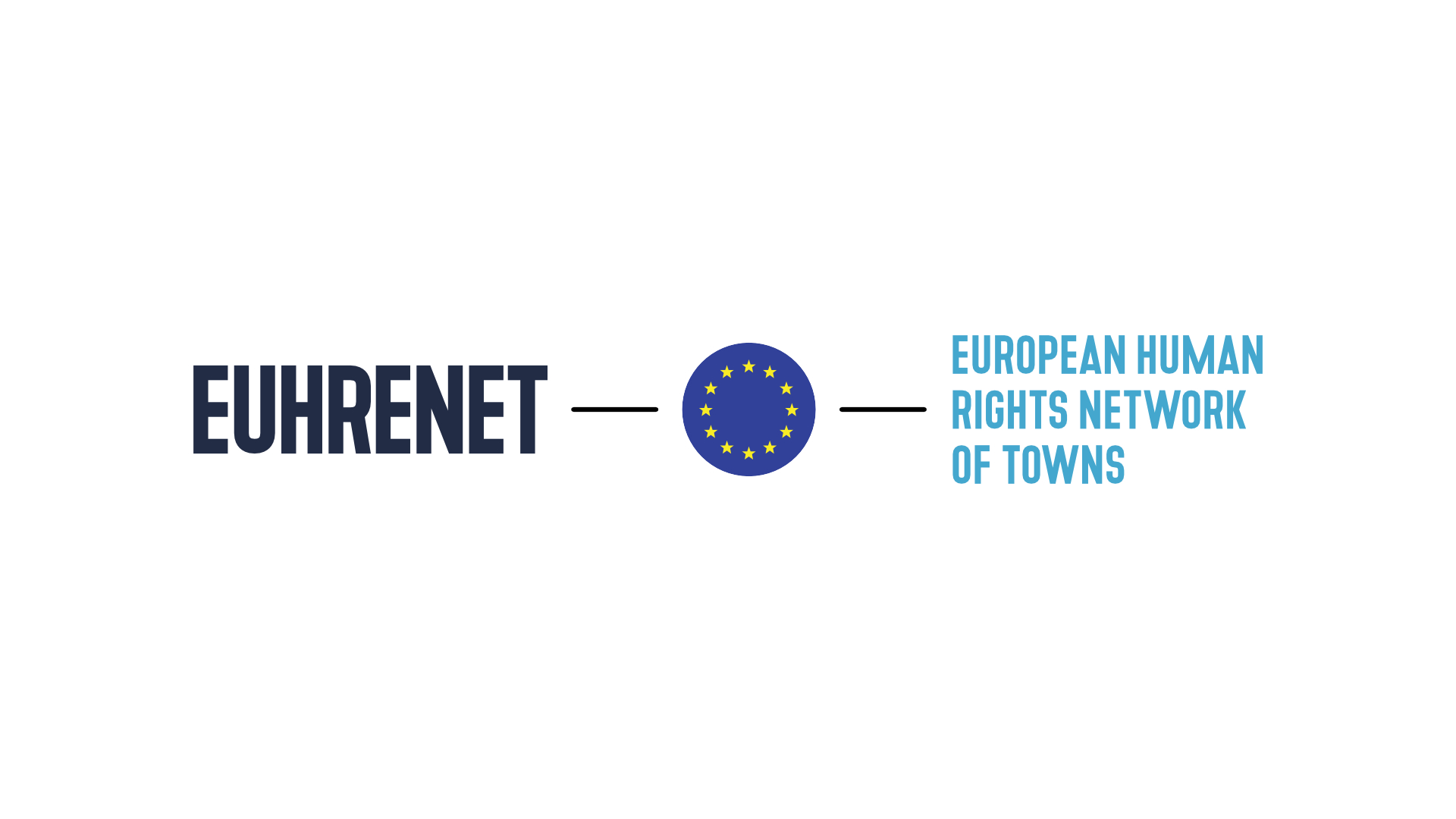
EUHRENET – European Human Rights Network of Towns: promoting awareness and exchanging good practices based on the EU Charter on Fundamental Rights and its application at local level.
Project Number: 101054251
Timespan of the Project: 01-06-2022 / 30-09-2023
Project E-mail: info@ceipes.org
Financial Program: CERV
Objectives
- Create and sustain a European Human Rights Network of Towns aiming at active citizenship and human rights promotion and protection at local level.
- Foster the participation in European inter-city dialogue and membership of an interactive human rights community.
- Offer a free and open access to seven local, national and pan-European residential and virtual debates between citizens, institutions and towns,
- Give the opportunity to talk and debate about the EU human rights policies and seek for policy solutions in local implementation of the EU Charter on Fundamental Rights.
- Contribute to the development of new local civic activism groups and networks, promoting human rights, diversity, and inclusion at both local and pan-European levels.
- Raise awareness of the EU Charter on Fundamental Rights and involve citizens and their organizations in debating the local human rights realities in Europe.
- Share experiences and discuss a range of successful local human rights policies and local inclusive and participatory strategies promoting participatory democracy and a culture of human rights.
Activities
- 4 Open Online Events
- 3 Open In Situ Events in 3 different partner countries – Italy, Czech Republic, Portugal
Results
- Adopt Human Rights as a guiding norm of local governance
- Encourage Participatory Democracy
- Promote awareness on the EU Charter on Fundamental Rights
- Develop joint recommendations, contributing to the further refinement of the local and European policies on human rights protection.
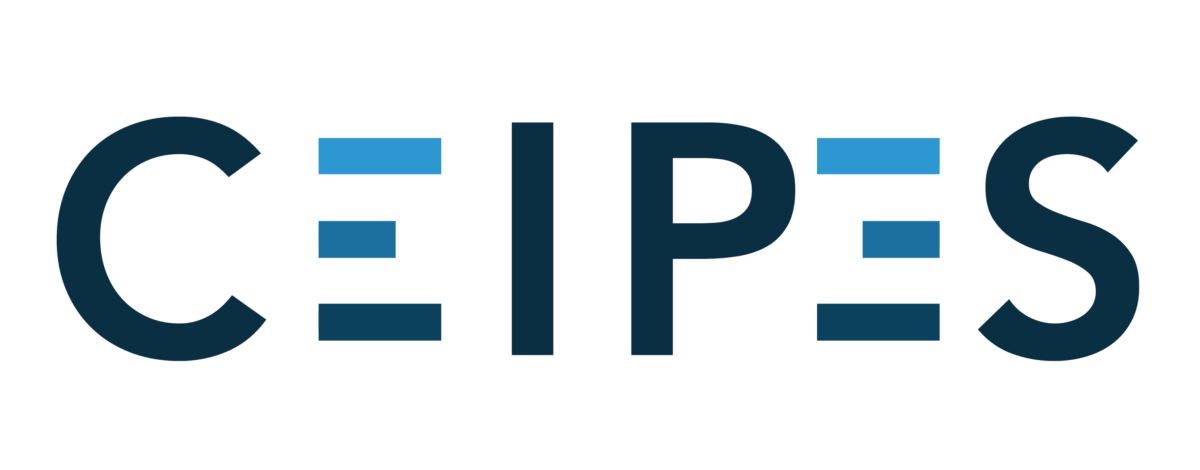
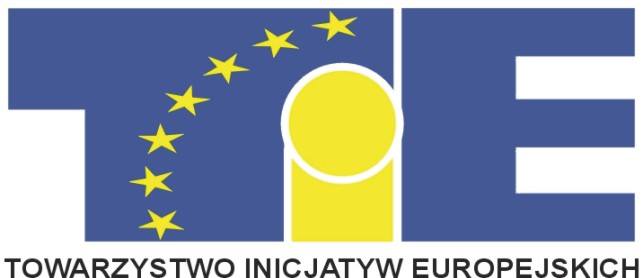

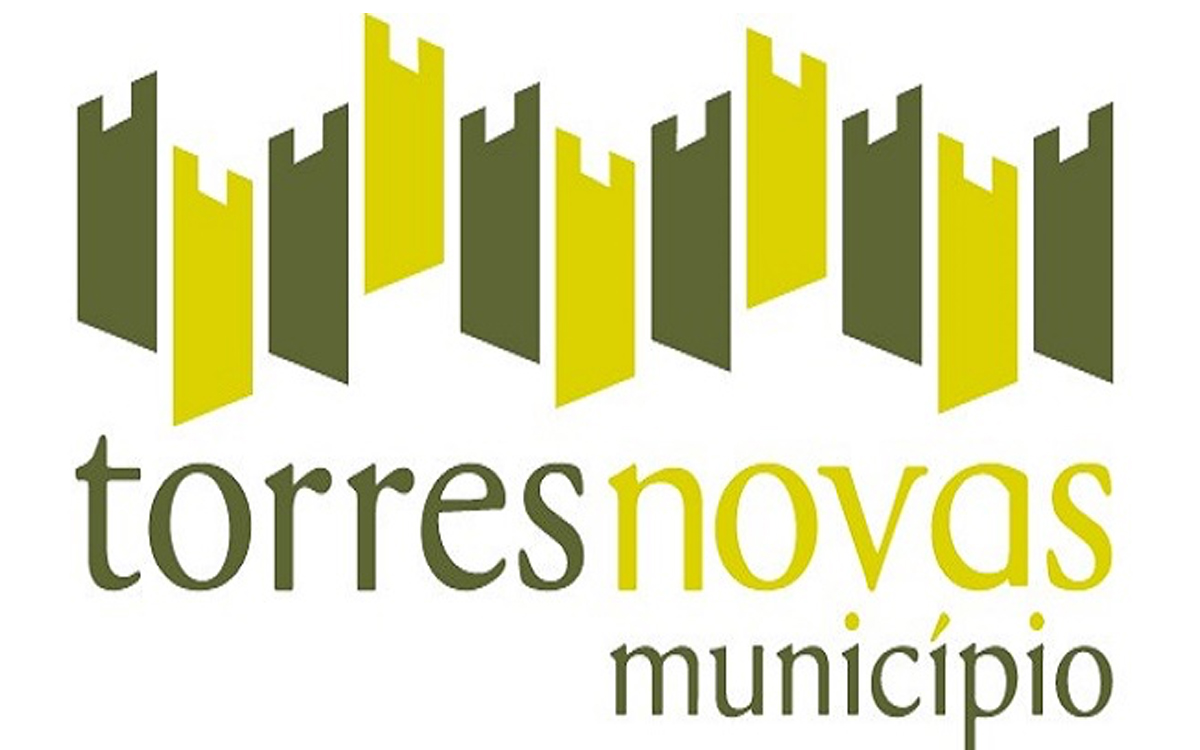






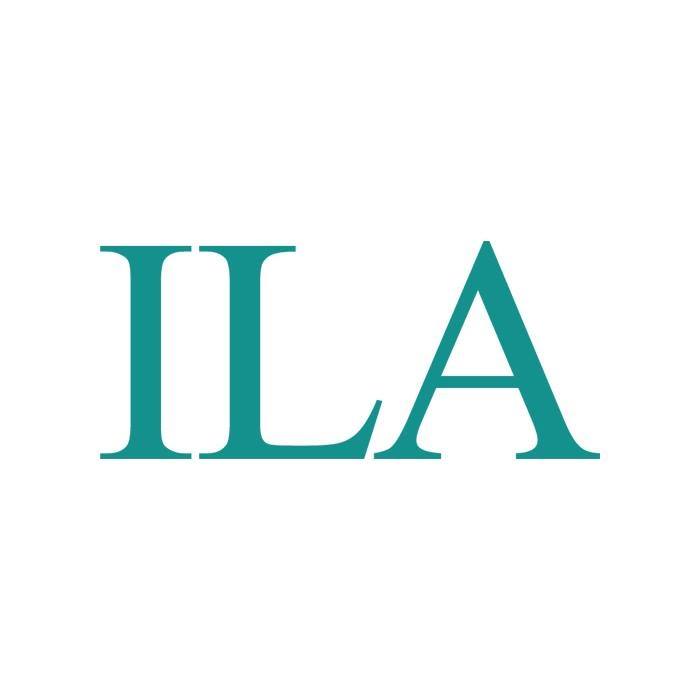

Funded by the European Union. Views and opinions expressed are however those of the author(s) only and do not necessarily reflect those of the European Union or the European Education and Culture Executive Agency (EACEA). Neither the European Union nor EACEA can be held responsible for them.
